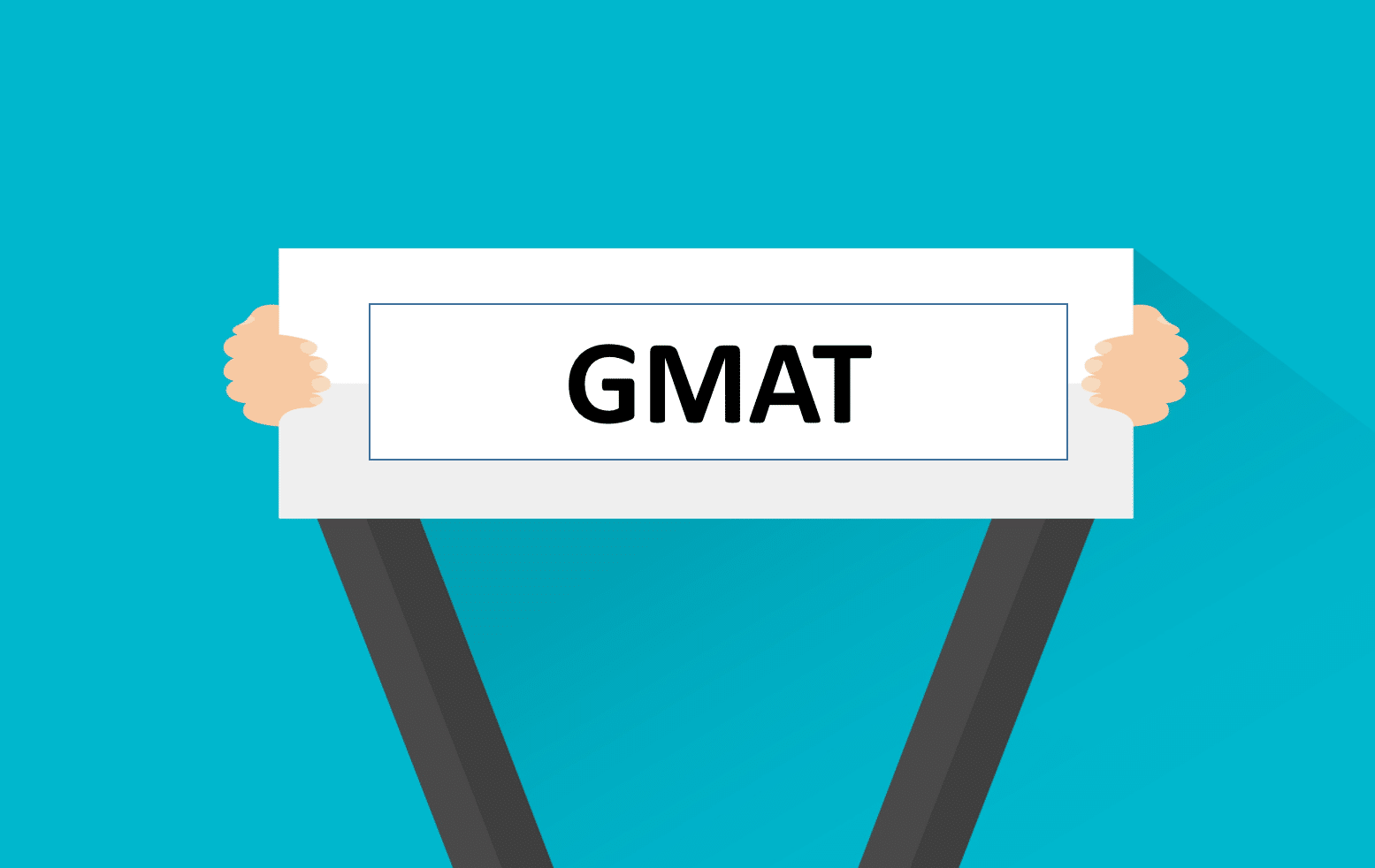Every graduate business school cultivates and implements its own policy about the use of GMAT marks in making admissions judgements. Many schools monitorcandidates combining GMAT marks and undergraduate scores as each school defines for itself their relative value and then ranking all candidates in their preliminary pool consequently.
Furthermore,particularly after the preliminaryselection of candidates, admissions officersstudy subjective elementslike work and other related experience, reference letters, accounts of personal examiners, and personal reports like application essays, etc. In making tough decisions among two or more equally qualified applicants, admissions spokespersonscount on GMAT marks and elements related to more subjective factors.
What intellectual skills and abilities, does the GMAT count?
The GMAT Prep strives to evaluate four broad proficiencyzones likelogical writing, quantitative reasoning, oral reasoning, and cohesivereasoning. The exam measures these abilities through four discretemodules mentioned in the order listed below:
- 30-minute logicalwriting valuation with one writing job.
- 30-minute Integrated Reasoning segment with 12 multiple-choice questions.
- 75-minute Quantitative segmentwith 37 multiple-choice questions.
- 75-minute Verbal segmentwith 41 multiple-choice questions.
For each of the four exam segments, a discrete scaled mark and percentile rank are conferred. A collective quantitative and verbal mark which is called a total score and consistent percentile rank are likewiseconferred. The GMAT is not a pass/failexamination.You have made the choice to take the GMAT test. You are prepared to reveal your most pertinenttalents and prove that you are thinkingregarding business school. Getting a graduate business degree is a gratifying experience. The GMAT test is part of that procedure.
Best practices for the preparation of GMAT exam:
When you start the prep the first thing you dois understand the fundamental structure of the GMAT test, the segments, the time period, the number of questions, the scoring process, and so on.
- Begin your GMAT Preppractice at least six months prior to the test. Most test-takers accountfor a minimum eight-week study time period which is ideal if you are slightlyacquainted with the fundamental GMAT exam pattern. On the other hand, you are the best evaluatorto decide how much period you need to prepare.
- Assess and study one part of the test at a time.
- Analyzeelementary math skills.
- Rehearse on the speed of writing because time management is perilous to complete the GMAT test.
- Analyze the forms of questions in the Logical Writing Assessment, Integrated Reasoning, Verbal, and Quantitative Reasoning segments.
- Make use of the free GMAT guidelines and references to help you become accustomedto the pattern used and questions asked in the realtestcomprisingthe computer-adaptive GMAT test.
- Magnify your homework with more questions using GMAT practice tests.
- Rehearse with actual GMAT questions, answers, and clarifications using the GMAT guide.
- Look for the GMAT verbal Review or the GMAT guide for quantitative review.
- Aim your groundwork for a particularsegment of the test, GMAT diagnostic and adaptive prep tools to score well in the exam.



